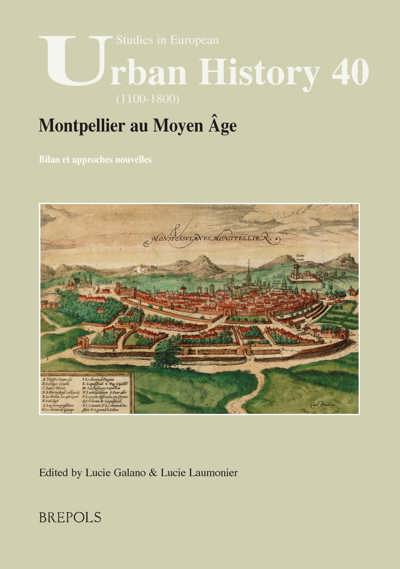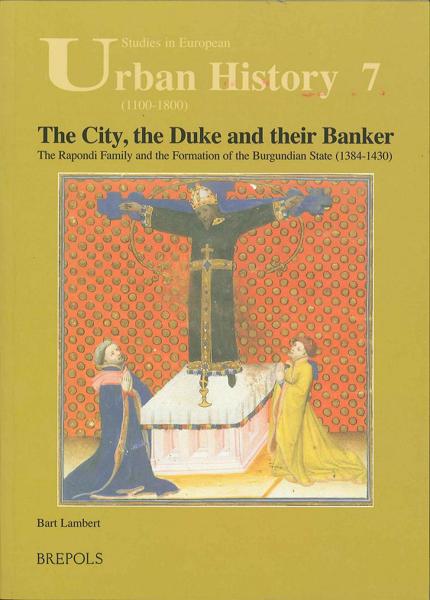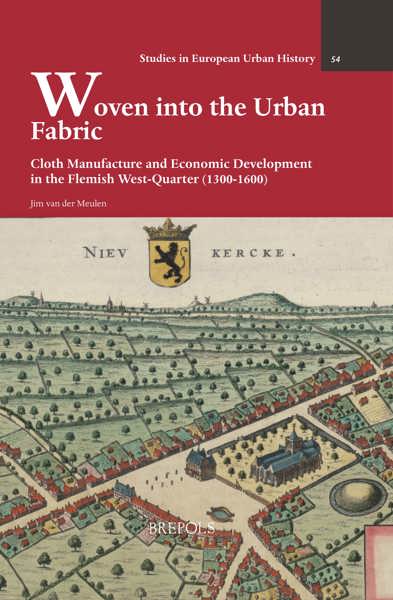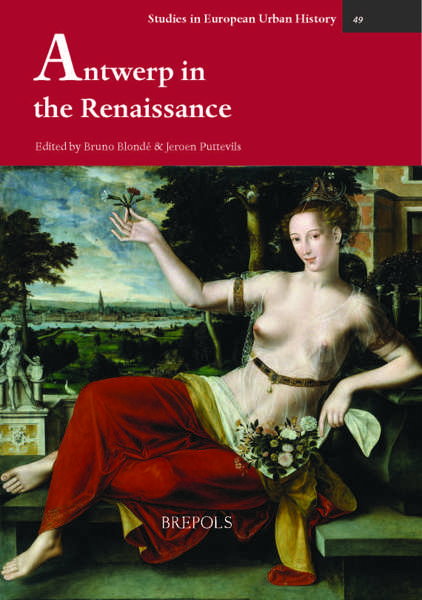
The city, the duke and their banker
The Rapondi family and the formation of the Burgundian state (1384-1430)
Bart Lambert
- Pages: 215 p.
- Size:180 x 250 mm
- Illustrations:11 b/w
- Language(s):English
- Publication Year:2006
- € 60,00 EXCL. VAT RETAIL PRICE
- ISBN: 978-2-503-52025-4
- Paperback
- Available
- € 60,00 EXCL. VAT RETAIL PRICE
- ISBN: 978-2-503-55910-0
- E-book
- Available
"Based on a prize-winning master's thesis, this compact and densely written history of an important family in the history of the Burgundian state, of Bruges their adopted city, and of European economic history in general is welcome indeed." (J. M. Murray in Handelingen. Genootschap voor Geschiedenis te Brugge, 144/1, 2007, p. 193-196)
Bart Lambert is a Research Assistant of the Research Foundation-Flanders, working at the University of Ghent. His research interests focus on the economicand financial history of the late medieval period.
During the second half of the fourteenth and the first half of the fifteenth century, it was particularly hazardous for medieval merchants to invest in government finance. The 'certainty of uncertainty' involved in dealing with princes proved disastrous for innumerable businesses, whether they were modest one-man firms or colossal 'super companies'. Yet, in this same period, the Rapondi, a family active in Bruges but originating from the Italian city of Lucca, achieved a career of more than thirty years in the money-lending business, ending with encomiums of princely praise instead of a bankruptcy. This book explains this remarkable achievement, not with a conventional focus on the individuals who agreed the loans and made up the bills, but by linking their work to the phenomenon that dominated the social and political scene of the Low Countries at the time: the formation of the Burgundian state. In the context of the politics of centralization conducted by the Burgundian dukes and the resistance of the Flemish cities the success story of the Rapondi can be understood. The Duke, the City and their Banker analyses how the firm first engaged in this interaction, how it was able to maintain its position while others failed and how these relations came to an end. While the emphasis of the book lies on the Rapondis' activities in Bruges, the meeting-place of international trade and finance in the fourteenth and fifteenth century, it also offers new insights into other important episodes of this fascinating period, including the Great Western Schism that divided the papacy, the continuing hostilities between England and France and the internal French conflict between Bourguignons and Armagnacs. In doing so, The Duke, the City and their Banker shows how an Italian merchant family was able to shape late medieval economic and political history.




